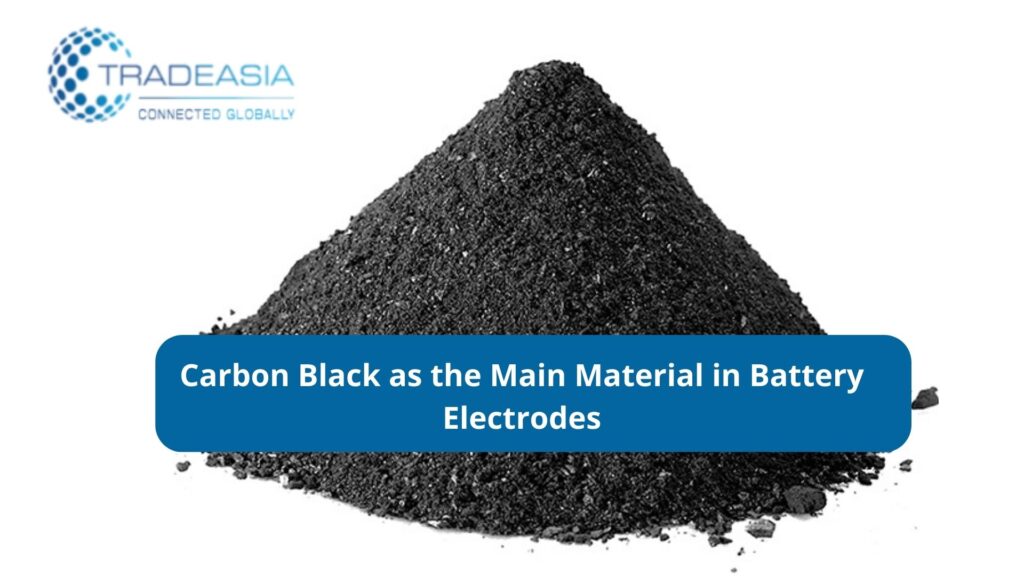
Carbon black is often used as the main material in battery electrodes, especially in certain types of batteries such as lithium-ion batteries. Carbon black can be used in many forms, including powder or graphite. Here are some reasons why carbon black is used in battery electrodes:
- Electrical Conductivity: Carbon black has good electrical conductivity. This allows efficient flow of electric current in the battery electrodes.
- Energy Storage Capacity: Black carbon can store significant amounts of energy. Its pore structure provides a large surface area for interaction with electrolytes, thereby increasing its energy absorption and storage capacity.
- Chemical Stability: Carbon black usually exhibits good chemical stability, which is important for maintaining battery performance during repeated charge and discharge cycles.
- Lightweight: Carbon black is a relatively light material, so it does not add excess load on the battery. This can be an important factor, especially in applications that require lightweight batteries.
- Resistance to Dimensional Changes: Carbon black can undergo smaller volume changes during charge and discharge cycles compared to some other materials, such as metals.
In lithium-ion batteries, a carbon black electrode is usually used as the cathode (positive electrode). In addition, there are also batteries that use carbon black on the anode electrode (negative electrode), such as lithium-titanate ion batteries.
The use of carbon black in battery electrodes is an example of how this material can make an important contribution to innovative energy and power storage technologies.
